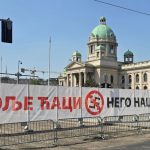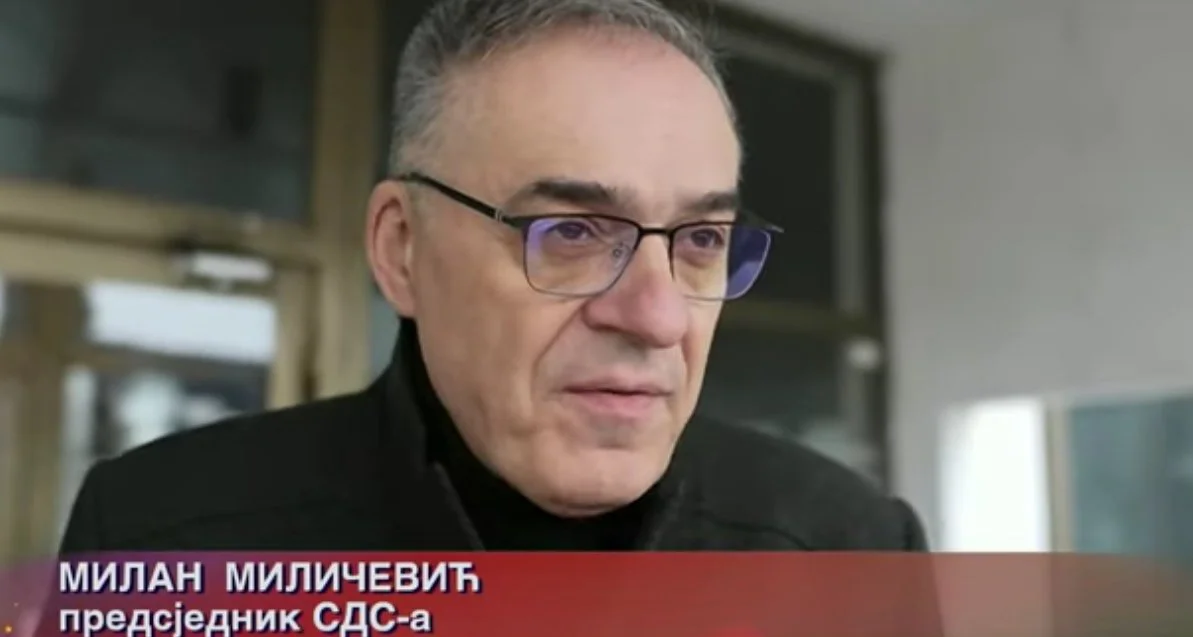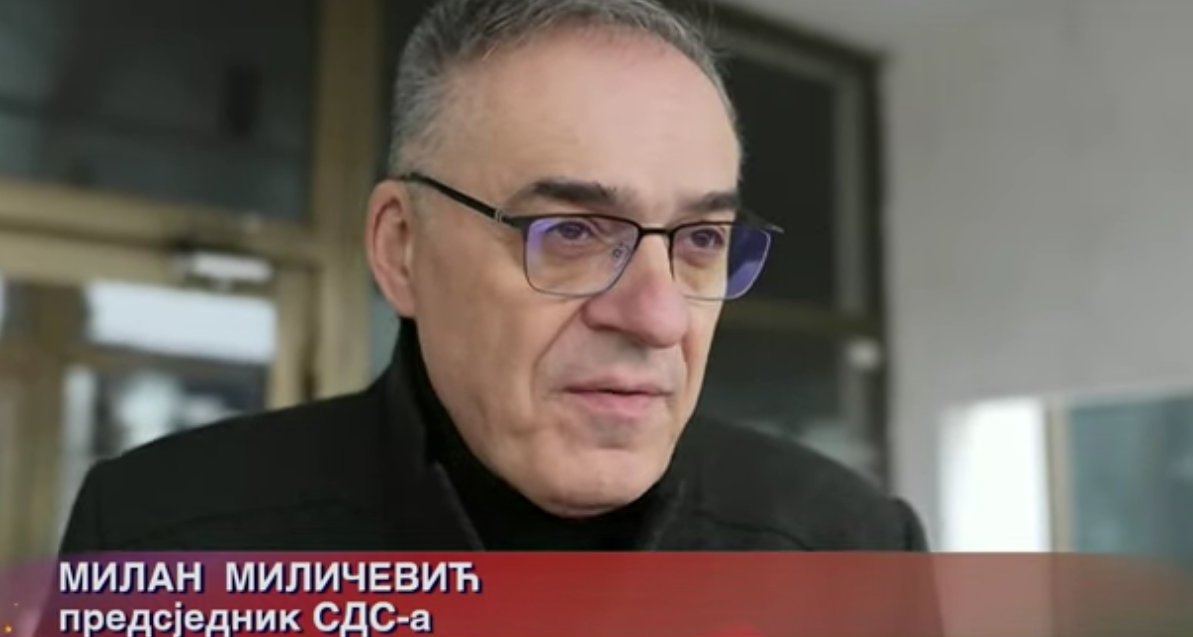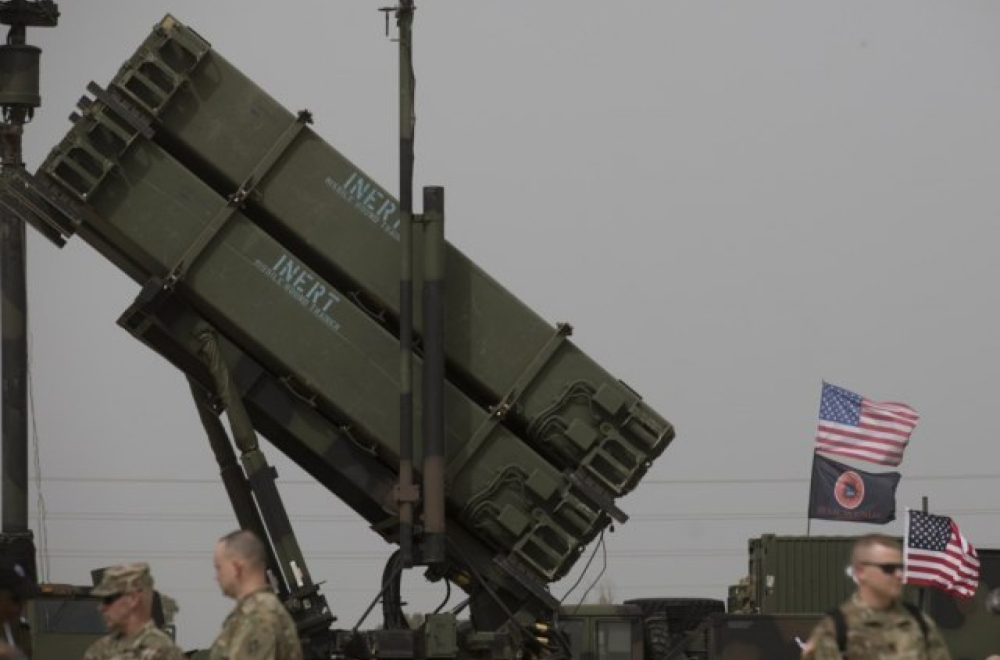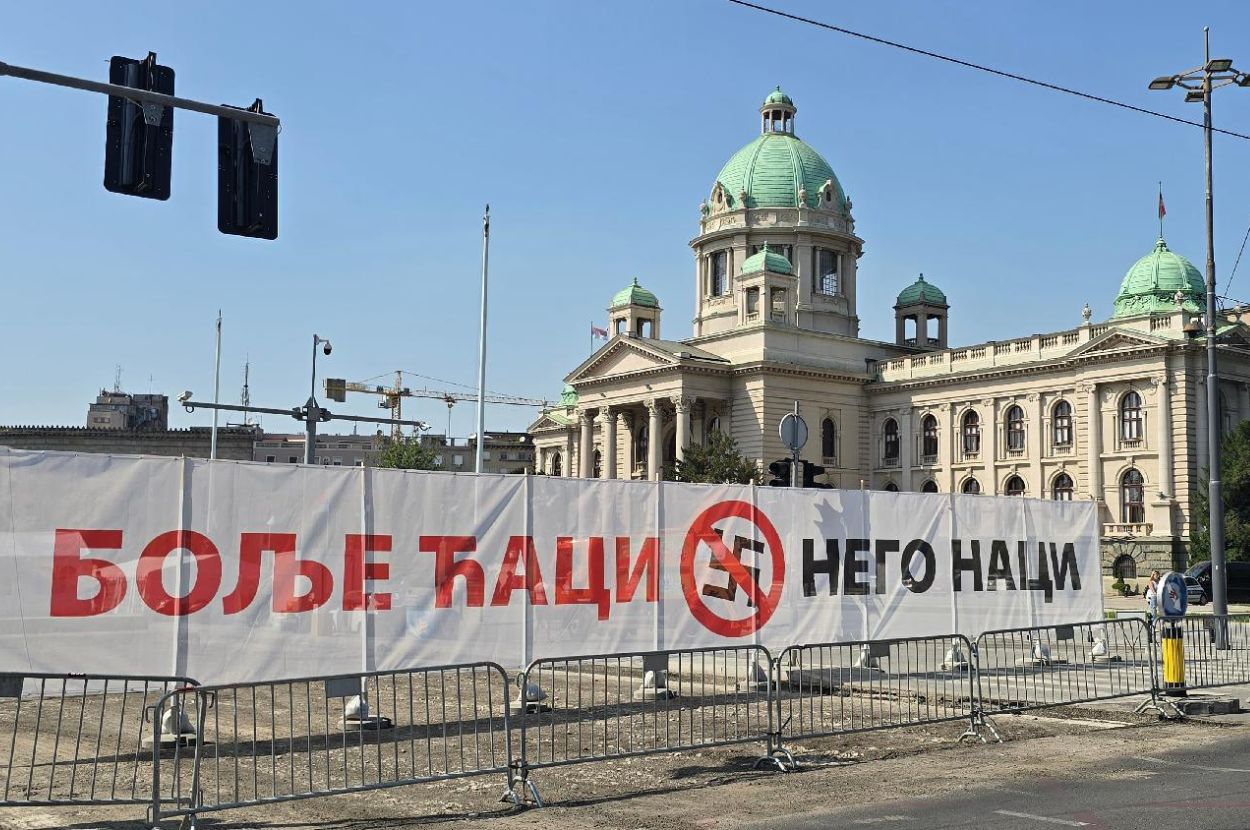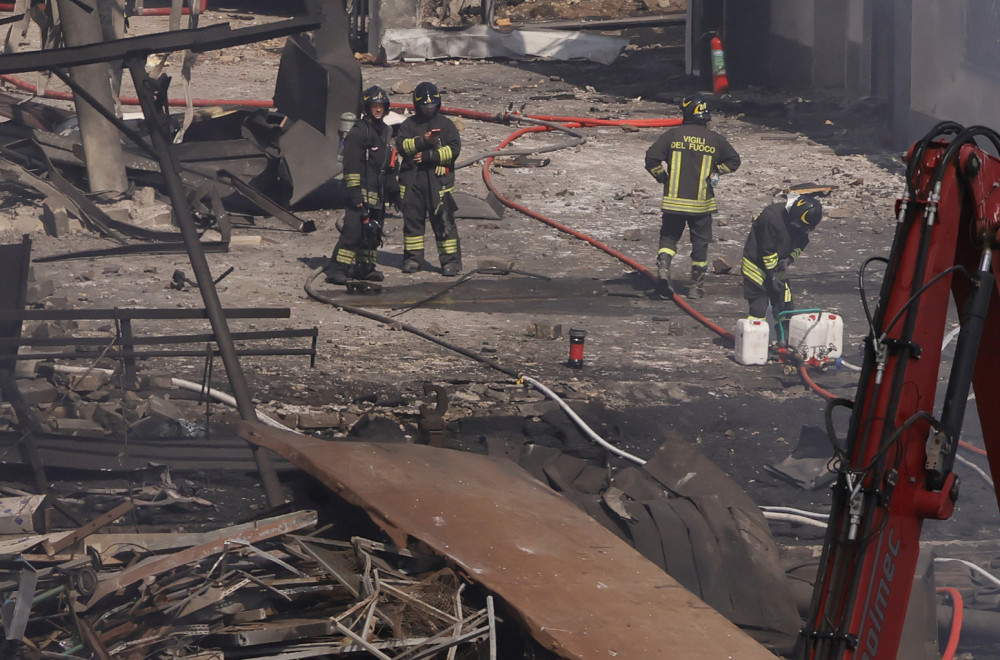The arrest of Milan Milićević, president of the opposition Serb Democratic Party (SDS) in Republika Srpska, has sparked numerous reactions and interpretations. Milićević was arrested on suspicion of abuse of office and financial malfeasance, but he and his supporters claim it is a politically motivated process. The accusations come in the context of long-standing selective justice in Republika Srpska, where opposition politicians are often persecuted while major scandals involving the authorities remain unprosecuted. Analysts and the opposition see the arrest as politically motivated and part of a broader crackdown by the regime on dissenters. On the other hand, the authorities and prosecution emphasize that the arrest shows that the judiciary is functioning. The case is also linked to broader regional political influences, including references to a “Belgrade script” in political processes in Republika Srpska.
Political Perspectives:
Left: Left-leaning sources emphasize the political motivation behind the arrest of Milan Milićević, framing it as a case of political persecution by the ruling regime in Republika Srpska. They highlight the selective justice system that targets opposition figures while ignoring corruption and scandals involving those in power. The narrative focuses on the suppression of democratic freedoms and the struggle of opposition forces against authoritarian tendencies.
Center: Center-leaning sources tend to present a balanced view, acknowledging the charges against Milićević while also noting the political context and allegations of selective justice. They report on the official statements from the prosecution and the opposition, presenting both sides without strong editorializing. The focus is on the legal process and the broader implications for the rule of law in Republika Srpska.
Right: Right-leaning sources often emphasize the legitimacy of the legal process and the importance of upholding the rule of law. They may highlight the arrest as a sign that the judiciary is functioning properly and that no one is above the law, including opposition leaders. Some narratives may downplay the political motivations or frame the opposition as potentially involved in wrongdoing, stressing the need for accountability.




